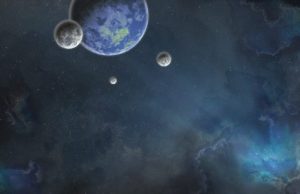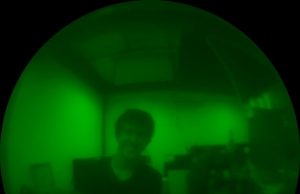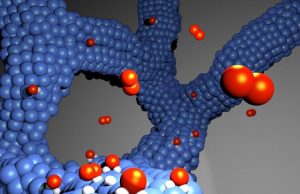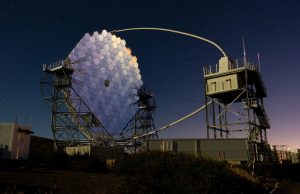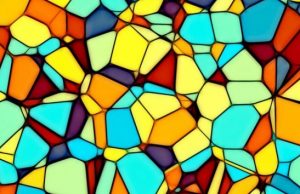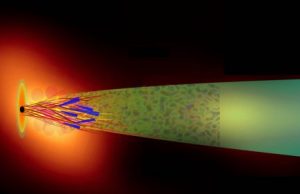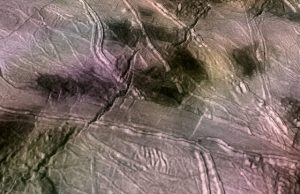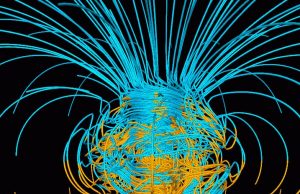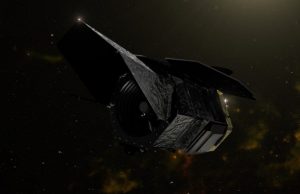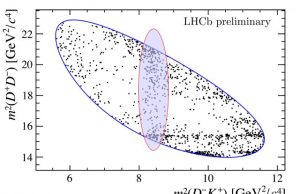Karina
50 new planets confirmed in machine learning first
Fifty potential planets have been confirmed by a new machine learning algorithm developed by University of Warwick scientists.
For the first time, astronomers have used...
Researchers develop flat lens a thousand times thinner than a human...
A lens that is a thousand times thinner than a human hair has been developed in Brazil by researchers at the University of São...
Fuel cells for hydrogen vehicles are becoming longer lasting
Roughly 1 billion cars and trucks zoom about the world's roadways. Only a few run on hydrogen. This could change after a breakthrough achieved...
Neural networks show potential for identifying gamma rays detected by the...
With the Cherenkov Telescope Array (CTA) that is currently under construction, researchers hope to observe highly energetic gamma rays that could lead to the...
Ozone across northern hemisphere increased over past 20 years
In a first-ever study using ozone data collected by commercial aircraft, researchers from the Cooperative Institute for Research in Environmental Sciences (CIRES) at the...
Quantum computers do the (instantaneous) twist
Regardless of what makes up the innards of a quantum computer, its speedy calculations all boil down to sequences of simple instructions applied to...
Spinning black hole powers jet by magnetic flux
Black holes are at the center of almost all galaxies that have been studied so far. They have an unimaginably large mass and therefore...
A 70 degree shift on Jupiter’s icy moon Europa was the...
Europa's outer icy shell has completely reoriented itself in one of the last geologic events recorded on its young surface. Europa's poles are not...
The age of the Earth’s inner core revised
By creating conditions akin to the center of the Earth inside a laboratory chamber, researchers have improved the estimate of the age of our...
Rogue planets could outnumber the stars
An upcoming NASA mission could find that there are more rogue planets—planets that float in space without orbiting a sun—than there are stars in...
Researchers discover first ‘open-charm’ tetraquark
The LHCb experiment at CERN has developed a penchant for finding exotic combinations of quarks, the elementary particles that come together to give us...


